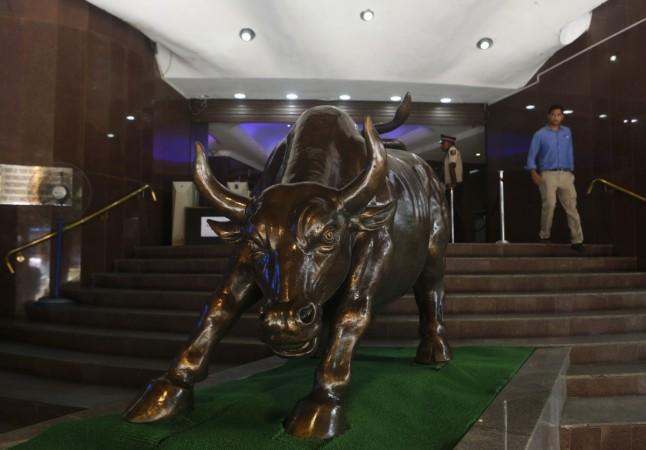
Even though stock markets are generally perceived to mirror economic realities of a country, no one denies a definite link between politics and stock market performance.
Vodafone, Idea merger: New entity to change the pecking order of Indian telecom
Out of the 690 legislative assembly seats at stake in five states going to polls from February 4 – Uttar Pradesh (UP), Goa, Manipur, Uttarakhand and Punjab – UP alone has 403 Assembly seats, which is about 60 percent of the total seats. The results will be declared on March 11.
As is inherent in stock markets, speculators have for long anticipated and correlated market returns on the basis of what state elections actually mean for the incumbent government at the Centre.
For example, much before any opinion poll and political pundit expected Narendra Modi-led BJP to sweep the 2014 Lok Sabha elections, stock markets had rallied in advance, anticipating a Modi win and hence an end to the policy paralysis by the UPA 2 government.
From September 13, 2013, when the BJP declared then Gujarat chief minister and Hindu nationalist Narendra Modi as its candidate for prime minister, to May 16, 2014, the benchmark BSE Sensex had rallied a huge 20 percent, from about 20,000 levels to 24,000 levels.
Similarly, after the demonetisation-led fall in the indices, when the Sensex hit a low of around 25,700, it has now recovered by the end of January to trade at about 27,800 on January 31.
True that stock markets also jumped in the run-up to the Budget, but then expectations from Finance Minister Arun Jaitley this time is mixed. In the aftermath of demonetisation, it is not expected to be a big-bang Budget and hopes (for stock markets) are limited to whether the government sticks to its fiscal consolidation plan or not and whether the finance minister considers a long-term capital gains (LTCG) tax or widens the holding period for LTCG tax relief.
Rest of the widely expected announcements include lowering of individual income and corporate tax rates, a big increase in rural expenditure (agriculture) and other measures to boost cconsumption and infrastructure.
Meanwhile, a Times Now-VMR survey has projected the BJP will return to power in UP with a simple majority. The survey predicts the BJP to win 202 seats (vote share of 34 percent) in the 403-member assembly. The Samajwadi Party-Congress alliance is expected to manage only
147 seats and Mayawati's BSP, only 47 seats.
Clearly, the spotlight is on UP, where the BJP won a massive 71 of the 80 parliamentary seats in 2014. There is no doubt UP has a huge say in Indian politics and for the BJP, there is a lot at stake.
A BJP win in UP will have a positive impact on the stock markets, as the state will give the ruling government more strength in Rajya Sabha and pursue more pro-economy steps. At the same time, the results will be seen by the markets as an indication of trends for the 2019 general elections and hence, markets, as well as foreign investors, are likely to cheer up.

















